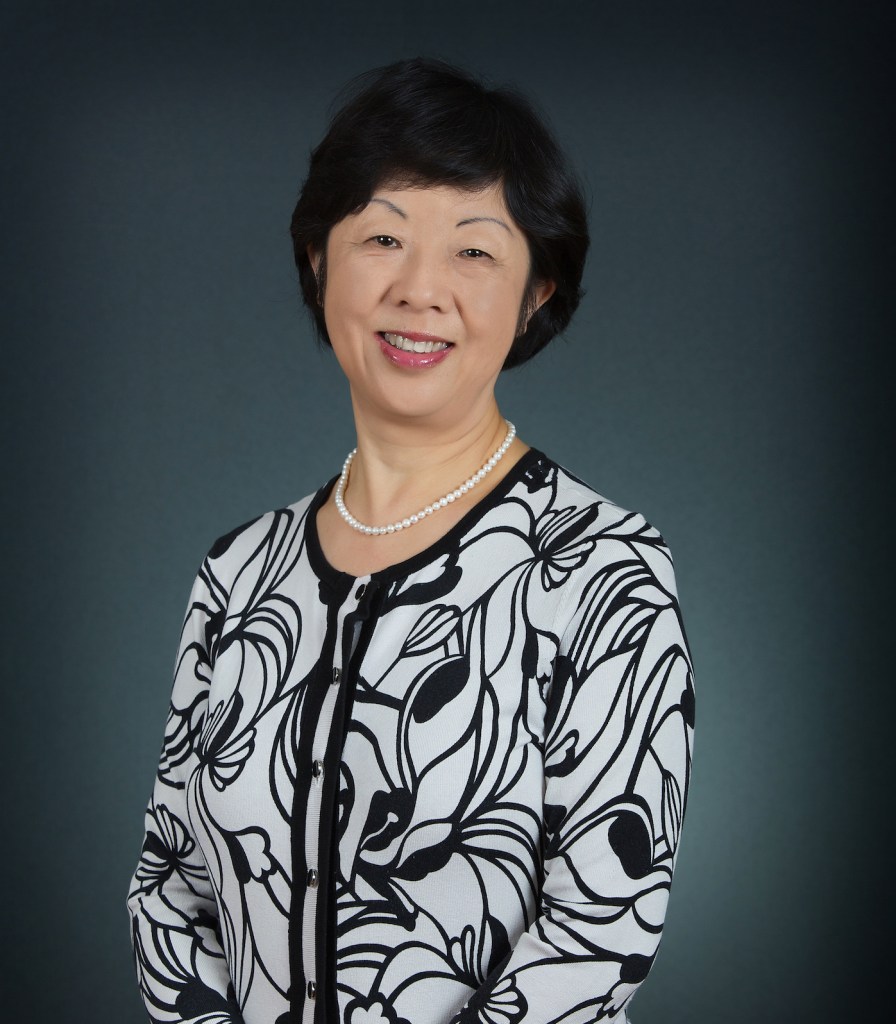Xiaodong Lin-Siegler On Failing Upward
Meet a scientist who studies how failure in the classroom can lead to success in life.
This article is from our limited-run newsletter series, Sincerely Science. Read more from the series, or sign up to receive all 6 editions of this series in your inbox.

Professor Lin-Siegler sees failure—in the classroom, doing research, and in life—as instrumental to future success.
“I’m lucky to be studying something I experience a lot myself,” Lin-Siegler says. “If I wrote about what failures I’ve personally encountered, it would be a whole book.”
In her 2016 study, titled “Even Einstein Struggled,” she found that after teaching high school students about Albert Einstein’s challenges (in both science and life) the students’ test scores improved compared to kids that were only taught about his successes. The study goes on to describe how fear of failure can be derived from the idea that some people are inherently more capable, associating science with the common image of a white, male “genius” that solves problems without effort or help.
Following her curiosity, Lin-Siegler’s scientific mission is to better understand how we attribute meaning to failure, and how failure can be nurtured into motivation. Now, as a program director of Cognitive Science at Teachers College at Columbia University, she has been tirelessly working to unpack failure as an essential part of learning, and not a lack of talent.
The work isn’t about preventing failure, but observing its behavior and influence with a close eye. Lin-Siegler experiments with the patterns in self-perception that inhibit students, rather than trying to force “success.” She’s all about understanding shortcomings, and how facing that knowledge is pretty powerful.
As a scientist who studies what it takes to learn science, Lin-Siegler drew some of her research questions from her own life.
When Lin-Siegler was nine, she was barred from school because of China’s Cultural Revolution. After she was able to return to school, she pursued an education that led her to the United States.
“I pushed just to get into college, and even that was filled with failure,” she says. “I was fired from my [work study] job in one week.”
After going from “barely seeing a book” at age 15 to becoming a full professor at Columbia University, Lin-Siegler started calling herself a scientist when she realized that she was able to systematically approach a key topic in educational success: the relationship between failure and motivation.
“I’ve always felt in my whole career that when things are going well, motivation isn’t really needed. But when things don’t work, or even when they fall apart, that’s when people really need the strength to get up,” says Lin-Siegler.
Today, people recognize that accomplished individuals have experienced failure. But proving that beyond anecdotal evidence is essential to fostering better education systems. The hope is teaching failure in the classroom can motivate students to work with setbacks and still see themselves as bright and capable.
Failure avoidance is theoretically and practically important to investigate, even when it’s no longer affecting just students.
Fear of failure and avoidance behaviors affect some of the most accomplished scientists, especially when it comes to a critical part of the work–communication. “We tend to talk to only our own colleagues, and use all the jargon,” says Lin-Siegler. She referenced her dog, who was barking intermittently during our call. “We’re like dogs, talking in our own language.” This roadblock can affect anyone in a social or professional bubble, because a fear of not communicating properly can prevent inter-group communication from happening at all.
When failure happens, Lin-Siegler says it’s important to take a breath and try to accept it as useful information. When her experiments turn up with no correlation or have unusable results, she once felt tempted to self-pity. “But I’m at a point where I say to myself, no experiment is a total failure. If you dig deep, and figure out what went wrong, then you’re really going to get better afterward,” she says.
“I don’t see how the goal of education could be to avoid failure. You can always make certain kids or adults feel great while they’re [at school], but then as soon as they walk out of your room, they’re not going to feel good. Because failure is everywhere.” —Xiaodong Lin-Siegler
Lin-Siegler is jarringly assertive, even cheerful while saying that failure is inevitable. To her, reaching a low point isn’t personal, it’s part of the process. And teaching students that failure happens to the greats is one way to help them imagine themselves in those shoes.
“If something doesn’t work out the way you wanted it to, the goal is to face it. Accept it, talk about it and handle it. And if you can’t handle it, if it isn’t solvable, at least you tried,” says Lin-Siegler.
“Failure is not the end. It’s a starting point.”
Want to learn the secret to failing upward? Subscribe to Sincerely, Science for more personal stories from professional scientists!
Emma Lee Gometz is Science Friday’s Digital Producer of Engagement. She writes SciFri’s “Science Goes To The Movies” series and is a journalist and illustrator based in Queens, NY.